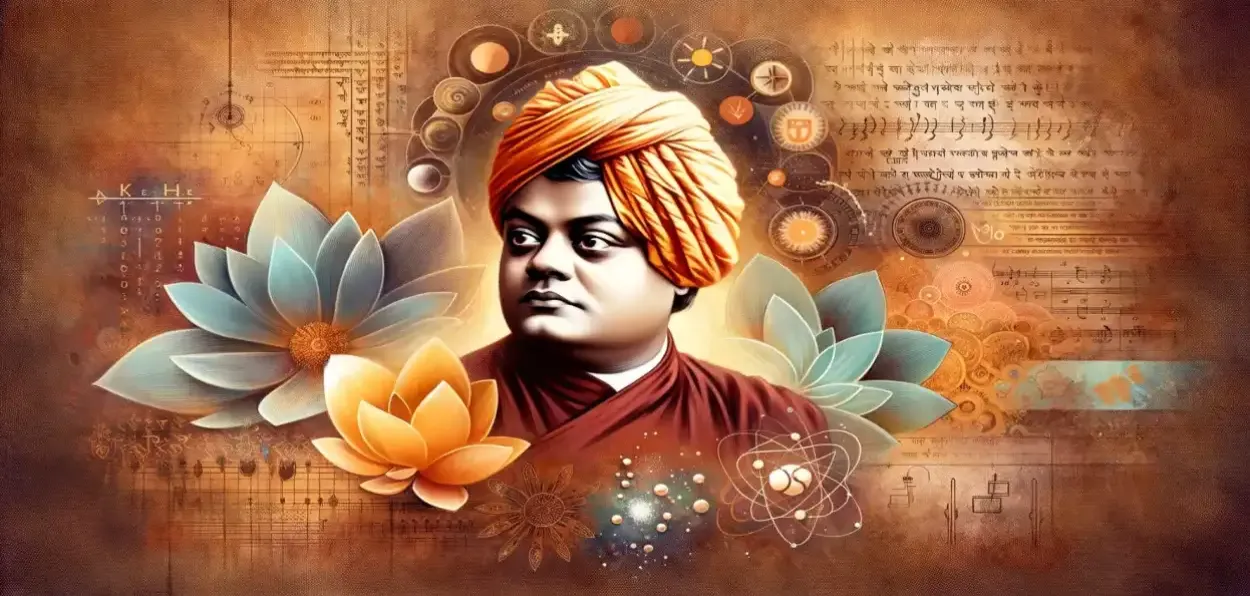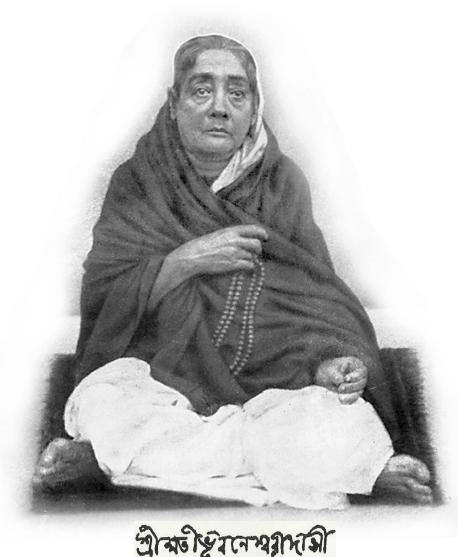
Saquib Salim
“Swami Vivekananda was the product of his social environment,” said Bhupendranath Datta, on the attitude of his younger brother towards Muslims. Bhupendranath Datta, revolutionary and thinker, wrote a book, Swami Vivekananda: Patriot-Prophet, to address many myths about his brother and influences which made him a secular rationalist.
Many followers and detractors of Swami Vivekananda, who was born Narendranath Datta, try to paint him as a communal-minded person who had no love for Muslims. Nothing can be farther from the truth.
Bhupendranath explained the environment of their home while the brothers were growing up. Their father Bisvanath Datta (or Vishwanath Datta) was an attorney in Kolkata.
Bhupendranath writes, “Bisvansth was the product of old Hindu-Moslem Civilization… In dress, food, and etiquette he followed the old joint Hindu-Moslem traditions. Again, in some matters of daily life, he followed European customs like other gentry of the period.…. He gave dakshinas to the Brahmans, and honoured the pirs as well.”
.png)
Bhupendranath Datta, brother of Swami Vivekananda
The book says that ‘some bigoted Brahmans’ slandered Swami’s father to target him. They alleged that like his father Swami Vivekanad had deviated from ‘real Hinduism’. He wrote, “Some disciples of Ramakrishna have made a slanting remark that Bisvanath advised his son to read the Bible and Diwan-i-Hafiz as he was unacquainted with Hindu religious thoughts.”
He added that he, “is grateful to his father for bringing the younger generation out of the octopus of priestly superstitions and pointing out a new ideal of life, Bisvanath was a liberal Indian with a synthetic mind. That is the reason why his offspring became "radicals” in ways of thinking.”
Bhupendranath wrote that his mother Bhubaneswari Devi, whose impact on Swami’s life is well known, also had similar views towards Muslims.
Bisvanath once purchased a piece of land at the Upper Circular Road, Kolkata in the name of his wife Bhubaneswari. It also had a dargah of a Muslims saint and the place was called Manikpir Dargah. His wife received the rent and her share from the offerings made by devotees at the dargah daily. She started getting Rupees 5 - 6 daily, a handsome amount in the late 19th century. This money was partly used to as pocket money for Vivekananda.
One day, Muslim caretakers of the dargah pleaded with Bisvanath to waive this rent of the dargah. He simply told them that since Bhubaneswari was in charge of the property only she could decide. Muslims went to Bhubaneswari and repeated the request. Bhupendranath writes, “Hearing their case, she ordered, “Your rents are not to be taken (Makub)."

Bhubaneswari Datta, mother of Swami Vivekananda
Swami was raised in a household where Muharram was respected and his mother would narrate the story of Karbala with emotions.
Bhupendranath writes, “From the time of Muharram, the Moslems beating the drums used to come to the Hindu localities to collect money for their festival. Hearing the beating of the drums, the young folks used to get inquisitive about the story that led to "Goanra" as the festival of Muharram is called by the Hindus. It was a day of festival with the Hindus too. In Upper India, the Hindus largely participated in the processions. In Calcutta, as late as 1906, the writer has seen Bengalee-Hindu boys participating in the procession and playing lathi (stick) therein. From our mother, we heard about the fight of Karbela. and used to weep and sigh in hearing the tragic fates of Hassan and Hussein.”
Bhupendranath recalled a Faqir from Manikpir dargah as an ‘inseparable part of his boyish life’. The Faqir would come, he wrote, “every evening and a shrill cry would enter our ears — Manik Pir-r-r! Then we understood that the expectant Faqir had entered our lane. The next scene was, that with an old-fashioned big kerosine-lamp (cheragh) the expectant Faqir would enter our front door, and putting the lamp-soot on our foreheads as Tilak would bless: "Let the Pir grant you a long life," And we used to pay him a pie for the Pir.”
Anyone who knows Swami Vivekananda has a fair idea that Ramkrishna Paramhansa had the greatest influence on his spirituality. What kind of man Paramhansa was is rarely discussed.
Bhupendranath Datta wrote that Paramhansa was not a guru in terms of traditional orthodoxy. He had great respect for every religion and had disciples from every caste and creed.
Bhupendranath mentioned, “Sometimes he (Paramhansa) made sadhana as a female companion (sakti) of God by dressing himself as a woman, sometimes dressed as a Mohammedan he ate onion and recited the name of Allah, sometimes impersonating as a Hanuman-monkey by wearing a tail, he recited the name of Ram”
Paramhans also had Muslim devotees like Sri Sheikh Abdul Sohhan and Sri Sheikh Barakatullah, Sheikh Namdar and Sheikh Kamdar, Sheikh Machammolla, Sheikh Khetir Mistri, Sheikh Mayaraddi Molla and others.
ALSO READ: Rabindra Mohan Kar: Indian revolutionary whose memory is nearly lost
This was the environment of Swami Vivekananda which shaped his social view that people of all religions were humans.
